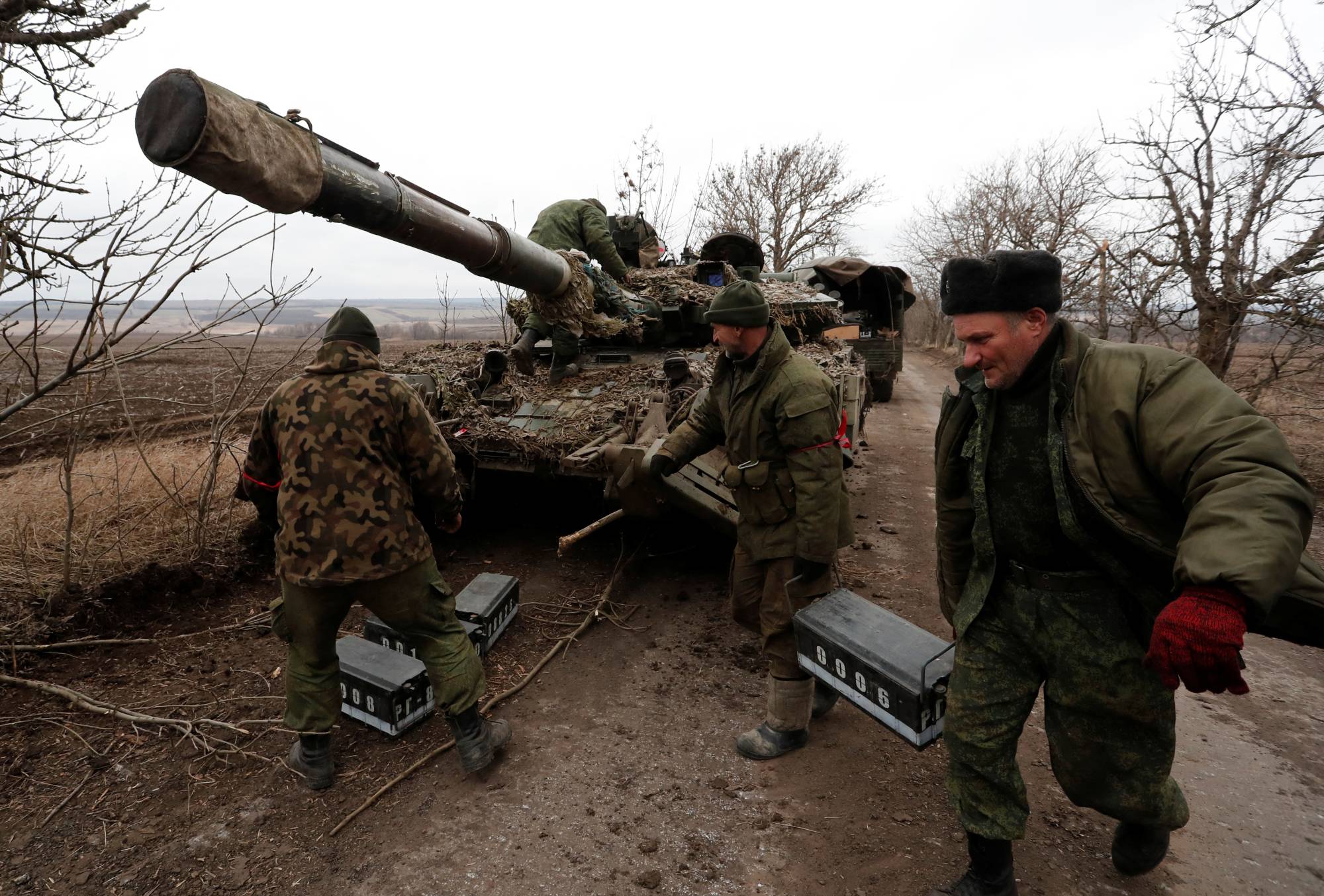Sitting on the fence is uncomfortable. Faced with a geopolitical fight that is both unthinkably brutal and sprawling in its consequences, Beijing officials are finding that such a posture might also, in the long run, be impossible.
When President Vladimir Putin invaded Ukraine, he appears to have shocked Chinese officialdom along with the rest of the world. It’s difficult to know for sure whether China’s leader Xi Jinping was aware of the plans, but spokespeople and state media were certainly left scrambling to manage the message. They struggled to balance a vaunted ideological alignment with an act of aggression that violates the principles of territorial integrity and noninterference that underpin Chinese diplomacy. That’s before considering China’s ties to Ukraine and Eastern Europe more widely — an important stretch of Beijing’s Belt and Road initiative to extend trade ties and influence.
The result has been an exercise in cognitive dissonance, with a narrative that accepts Moscow’s security concerns, blames the West for creating the problem, refuses to refer to a "war” or "invasion” and bemoans unprecedented punishment — all key Russian talking points — but also affirms Ukraine’s sovereignty and tries to stay out of the economic firing line. It has called on "both sides” to de-escalate. There has been no direct condemnation of Russia’s invasion.



















With your current subscription plan you can comment on stories. However, before writing your first comment, please create a display name in the Profile section of your subscriber account page.